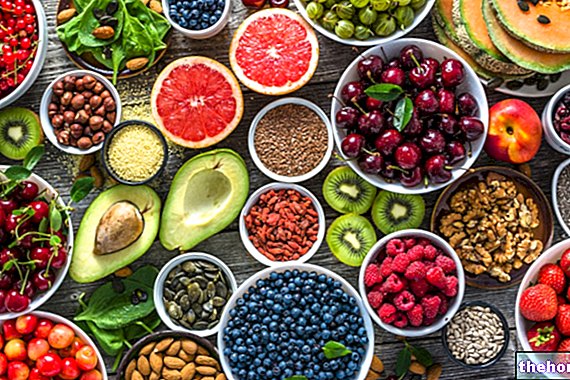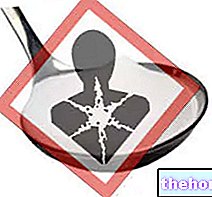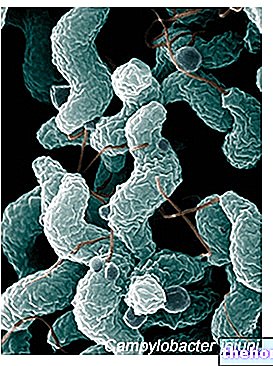Arginine and Nitric Oxide for the endothelium
Arginine is a semi-essential amino acid as well as a precursor of Nitric Oxide (NO);

Increase arginine to improve blood pressure
A study has recently been published (university thesis by Francesco Rombolà - Dietitian) focusing on the "effect of short-term supplementation with arginine. The sample examined was made up of 14 subjects, of which 7 healthy and 7 diabetic but without complications; the observations lasted 6 months during which the operators measured the blood pressure (systolic and diastolic) and the "sphygmic wave" (body position: supine, instruments: sphygmomanometer for blood pressure and oscillometer for pulsatile pressure on the vessel walls) ; in parallel, they were also carried out l "analysis of the state of nutrition and common blood chemistry tests.
Through the dietary anamnesis the overall intake level of arginine with the diet was estimated and then specific dietary patterns were developed to increase its intake. The foods richest in arginine, therefore added to the diet are: pine nuts, leg of guinea fowl without skin, leg of chicken without skin, whole rabbit and turkey; the most suitable cooking methods are: in the oven, in foil, steamed, grilled and in the microwave.

The feeding schemes administered were divided into 5 meals of which 3 main and two snacks.
NB.The concentration of the other molecules capable of interfering with blood pressure altering the results (omega3, polyphenols, flavonoids, etc.) was kept unchanged. The mean amount of arginine administered was 8g / day.
The results obtained are excellent; the sample of healthy subjects found a significant decrease in blood pressure while the pulsatile pressure (pulse pressure - PP) remained unchanged. Also in diabetics, significant changes were observed: blood pressure decreased as did PP, while macrovascular elasticity increased.
The study confirms that in the "uncomplicated" type 2 diabetic there is still a certain vascular compromise (affecting the endothelium) against which it is possible to act by promoting the intake of arginine. It acts by increasing the production of ON and consequently favoring the elasticity of the vessels and / or optimizing the vascular compliance.
NB. The bioavailability of arginine depends not only on food sources, but also on:
- Amount of Arginase enzyme in intestinal and liver cells
- Amount of transport inhibitors (asymmetric dimethylarginine and n-monomethylarginine).
The study was oriented on the short term because, according to the results of other researches, the administration of synthetic L-Arginine acts positively for a limited period of time, beyond which the parameters return to the initial levels (effect of the increase of Arginase in the enterocytes).
The most important aspect of the study is undoubtedly the decrease in cardiovascular risk (independent) attributable to the improvement of the pulsatile pressure (PP) parameters; the administration of arginine alone is not sufficient to restore endothelial function, however it can increase the production of ON by improving the vascular compliance parameter.
Bibliography:
- Effect of an arginine-enriched diet on vascular compliance; experimental study on healthy volunteers and patients with diabetes 2 - Francesco Rombolà - CDL Dietistica - University of Siena - Journal of the National Dietitians Association (ANDID) - twenty-second year, 2nd issue, bimonthly period 2nd bimester 2012 - page 6: 9.




























